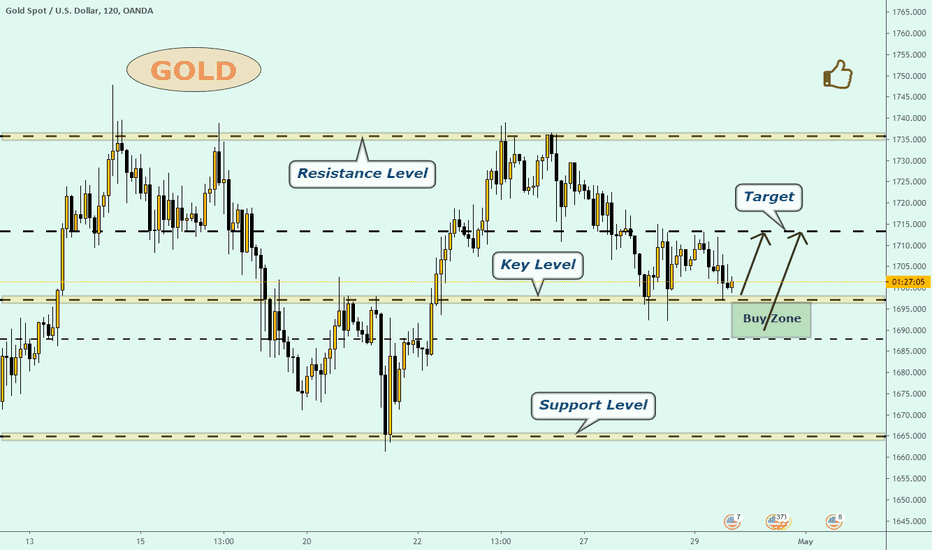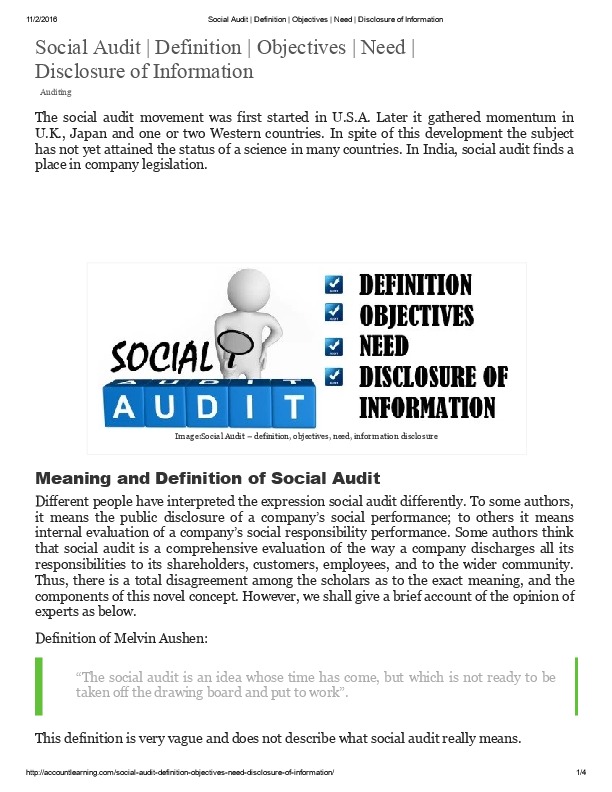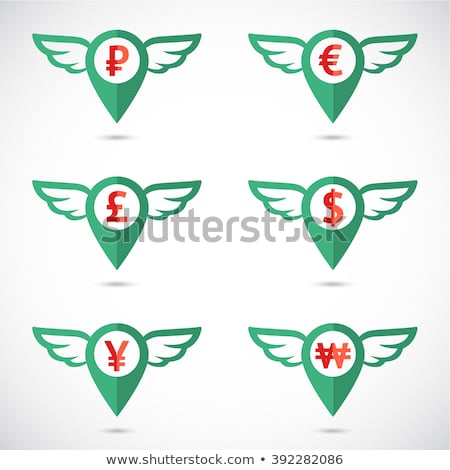Contents:

The purchases account is debited and the cash account is credited. But if you add a tip, it won’t be charged to your account until final payment is settled with the bank. Your bank will be aware of the debit card transactions and reflect it in your pending or account balance. However, such an agreement is merely a promise to agree in the future which may be deemed an illusory promise and be difficult to enforce. As such, the party could refuse to sign the second agreement subordinating his or her interest, which can give rise to a breach of contract claim.

It can tap public markets by conducting an IPO or it can raise money by offering its shares to investors in a private placement. Cabinet securities are listed under a major financial exchange, such as the NYSE, but are not actively traded. Held by an inactive investment crowd, they are more likely to be a bond than a stock. The “cabinet” refers to the physical place where bond orders were historically stored off of the trading floor. The cabinets would typically hold limit orders, and the orders were kept on hand until they expired or were executed. City, state, or county governments can raise funds for a particular project by floating a municipal bond issue.
- These are useful assets for a company to own because they can be easily sold when the business needs to get cash quickly.
- Also, the rates at which they can be sold or bought don’t have much of an effect on the prices.
- When saving for retirement, most people choose to put a portion of their savings in equity or debt securities.
- Companies can generate a lot of money when they go public, selling stock in an initial public offering , for example.
- In the last quarter of the 20th century, derivatives trading began growing exponentially.
Marketable securities are negotiable and transferable and may be sold on the secondary market. Cash EquivalentsCash equivalents are highly liquid investments with a maturity period of three months or less that are available with no restrictions to be used for immediate need or use. These are short-term investments that are easy to sell in the public market.. Marketable securities will have an active marketplace where they can be sold and bought. The exception is that liquidity means the time in which a security can be converted into cash.
How much is a $100 savings bond worth?
This is often done to attract more or larger investors, such as mutual funds. Residual securities are a type of convertible security—that is, they can be changed into another form, usually that of common stock. A convertible bond, for example, is a residual security because it allows the bondholder to convert the security into common shares. Corporations may offer residual securities to attract investment capital when competition for funds is intense. An initial public offering represents a company’s first major sale of equity securities to the public. Following an IPO, any newly issued stock, while still sold in the primary market, is referred to as a secondary offering.
The guaranteed dividend and insolvency safety net make preferred shares an enticing investment for some people. Preferred shares are particularly appealing to those who find common stocks too risky but don’t want to wait around for bonds to mature. Without an easily accessible market that investors and buy and sell securities on, a financial instrument is consider a non-marketable security. Cash equivalents are highly liquid investment securities that can be converted to cash easily and are found on a company’s balance sheet. However, the ability to profit is not a condition of a marketable security.

Inventory is taken into account the least liquid current asset kind, so it comes last. In this case, the sale is added to accounts receivable and does not produce any money until payment arrives from the shopper. Publicly traded companies must publish a steadiness sheet periodically to comply with Securities and Exchange Commission regulations, however getting ready them is routine for many corporations. Current belongings seem firstly of the belongings section, which is the primary section of the steadiness sheet. Marketable securities are defined as any unrestricted financial instrument that can be purchased or bought on a public inventory trade or a public bond trade.
Current Ratio
In contrast, a non-is an ira a marketable security security is one that cannot be legally sold to the public. For example, shares in non-public companies can only be bought or sold in very limited circumstances. Letter securities are not registered with the SEC and cannot be sold publicly in the marketplace. Letter security—also known as restricted security, letter stock, or letter bond—is sold directly by the issuer to the investor.
Treasury bills and Treasury bonds, both of which are freely traded in the U.S. bond market. In contrast, marketable securities include common stock, Treasury bills, and money market instruments, among others. The quick ratio factors in only quick assets into its evaluation of how liquid a company is. Quick assets are defined as securities that can be more easily converted into cash than current assets. The formula for the quick ratio is quick assets / current liabilities.
Sometimes companies sell stock in a combination of a public and private placement. Publicly traded securities are listed onstock exchanges, where issuers can seek security listings and attract investors by ensuring a liquid and regulated market in which to trade. Informal electronic trading systems have become more common in recent years, and securities are now often traded “over-the-counter,” or directly among investors either online or over the phone. The principal difference between marketable and non-marketable securities revolves around the concepts of market value and intrinsic, or book, value. Marketable securities have both a marketable value, one which is subject to potentially volatile fluctuation in accordance with the changing levels of demand for the security in the trading marketplace. Thus, marketable securities generally carry a higher level of risk than non-marketable securities.
Difference Between Marketable and Non-Marketable Securities Marketable securities are those that are freely traded in a secondary market. Call options allow their holders to potentially gain profits from a price rise in an underlying stock while paying only a fraction of the cost of buying actual stock shares. They are a leveraged investment that offers potentially unlimited profits and limited losses . Due to the high degree of leverage, call options are considered high-risk investments. The bond market is the collective name given to all trades and issues of debt securities. It raises money from private investors, including family and friends.

CDs have a maturity period of one month to five years and any withdrawal prior to maturity attracts penalty. To understand it more closely, let us say, you buy a $100 CD with an interest rate of 10%, compounded annually and a term of one year. At the end of the year, you will earn $110 ($100 plus 10% of 100, i.e. $110).
How a Company Takes Advantage of a Long-Term Bond
Modern technologies and policies have, in most cases, eliminated the need for certificates and for the issuer to maintain a complete security register. A system has developed wherein issuers can deposit a single global certificate representing all outstanding securities into a universal depository known as the Depository Trust Company . It is important to note that certificated and un-certificated securities do not differ in terms of the rights or privileges of the shareholder or issuer.
But the agreements only permit these exceptions under strict conditions. CAs, experts and https://1investing.in/es can get GST ready with ClearTax GST software & certification course. Our GST Software helps CAs, tax experts & business to manage returns & invoices in an easy manner. Our Goods & Services Tax course includes tutorial videos, guides and expert assistance to help you in mastering Goods and Services Tax. ClearTax can also help you in getting your business registered for Goods & Services Tax Law. If Tina or Ruth were unemployed, neither of them would qualify for an IRA as it is not possible to open this account without a consistent income.

A marketable safety is a monetary asset that can be offered or transformed to cash inside a 12 months. They are usually securities that can be bought or sold on an change. Liquidity is the ability to convert assets into cash and use them as an intermediary in other economic activities. The security is further made liquid by its relative supply and demand in the market. Because marketable securities can be sold quickly with price quotes available instantly, they typically have a lower rate of return than less liquid assets. You can find these liquid securities under financial statement classifications, such as short-term investments or cash and cash equivalents.
The same rule of one applies here, where a ratio under one would indicate the debt is greater than the assets. A ratio above one indicates the assets are greater than the liabilities. It reveals how well a company can meet its debt and other obligations, and can be used to make comparisons between peers.
Such securities, often forms of debt or fixed-income securities, are usually only bought and sold through private transactions or in an over-the-counter market. Marketable securities are liquid financial instruments that can be quickly converted into cash at a reasonable price. The liquidity of marketable securities comes from the fact that the maturities tend to be less than one year, and that the rates at which they can be bought or sold have little effect on prices.
Money Market Securities
Investors in a company’s bonds will get their return plus interest before preferred shareholders. Some of the most common examples of securities include stocks, bonds, options, mutual funds, and ETF shares. Securities have certain tax implications in the United States and are under tight government regulation. The primary reason for issuing a security with non-marketable status is to ensure stable ownership of these securities. The gain for investors of non-marketable securities is the difference between the purchase price and the value at maturity. They are considered long-term investments because maturity takes longer than a year, unlike marketable securities.
Where marketable securities are highly liquid and easily converted into cash, non-marketable securities are the exact opposite. Those government bonds that can’t be traded in the open market, constitute a part of government savings bonds. These government debt instruments are traded amongst investors and financial institutions indirectly. Money Market Securities comprise of highly liquid assets and are in the form of short-term bonds which are issued by large financial institutions and governments. The former method enables the company to generate more capital, but it comes saddled with hefty fees and disclosure requirements. In the latter method, shares are traded on secondary markets and not subject to public scrutiny.
Enphase Energy Reports Financial Results for the Fourth Quarter of … – GlobeNewswire
Enphase Energy Reports Financial Results for the Fourth Quarter of ….
Posted: Tue, 07 Feb 2023 08:00:00 GMT [source]
An exchange-traded fund allows investors to buy and sell collections of other assets, including stocks, bonds, and commodities. ETFs are marketable securities by definition because they are traded on public exchanges. The assets held by exchange-traded funds may themselves be marketable securities, such as stocks in the Dow Jones. However, ETFs may also hold assets that are not marketable securities, such as gold and other precious metals.
On several occasions, courts have enforced securities provisions on unconventional assets such as whiskey, beavers, and chinchillas. The Securities Act of 1933 is the first federal legislation to regulate the U.S. stock market, an authority that was previously regulated at the state level. Marketable securities are evaluated by analysts when conducting liquidity ratio analysis on a company or sector. Liquidity ratios measure a company’s ability to meet its short-term financial obligations as they come due. Cash and cash equivalents are company assets that are either cash or can be converted into cash immediately.